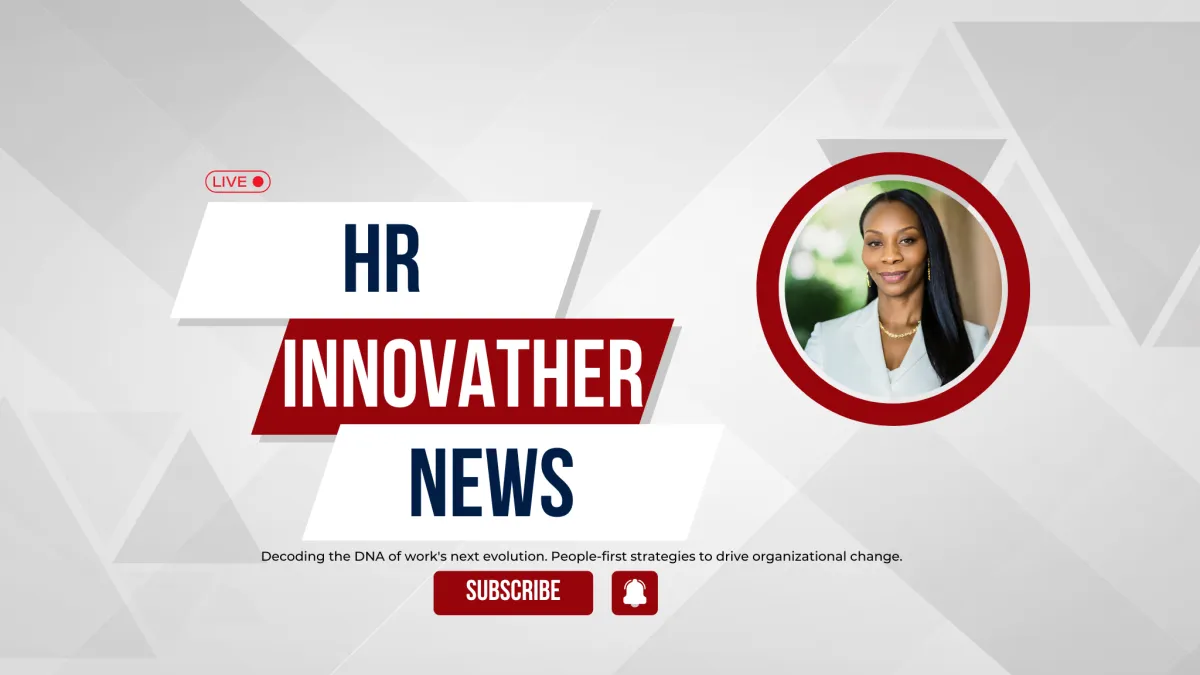

The Gender Wage Gap Widens: Why Pay Transparency Isn’t Working as Expected
For the first time in over two decades, the gender wage gap in the United States is widening. According to a 2023 Census Bureau report, men working full-time earned a median salary of $66,790—a 3% increase from the previous year. In contrast, women’s wages only grew by 1.5%, reaching a median of $55,240.
As a result, women in 2023 earned just 83% of what men earned, a drop from 84% in 2022. This marks the first significant decline in pay equity since 2003. The wage gap is even more pronounced for women of color. Black women earned just 64 cents for every dollar earned by white, non-Hispanic men, while Latina women earned a mere 51 cents.
Why Pay Transparency Alone Isn’t Solving the Problem
Despite the growing implementation of pay transparency laws designed to narrow wage gaps, recent data reveals that these measures are not yet delivering the intended outcomes. A closer look shows several reasons why the gender wage gap persists, including the overrepresentation of women in low-wage sectors and the challenges they face in salary negotiations.
Additionally, the disparity doesn’t vanish at higher levels of employment. Even in senior executive positions, men continue to earn more than women. This persistent gap highlights that while pay transparency is a step in the right direction, it alone is not sufficient to eliminate gender-based wage inequality.
What Employers and HR Can Do to Address the Gender Wage Gap
Although pay transparency has prompted organizations to reexamine their compensation practices, much work remains to be done. According to a survey by the Society for Human Resource Management, only 36% of managers have received training on the importance of pay equity. Without proper training and awareness, the wage gap continues to affect workplace fairness and employee morale.
HR professionals play a pivotal role in combating this issue. By conducting thorough audits of salary data, including gender-based analysis, HR teams can identify and address inequities. Laura Kray, a psychologist at Berkeley’s Haas School of Business, suggests that HR should track salary requests and justifications to ensure that men and women are treated equally in their compensation negotiations. This level of oversight can help prevent unconscious biases from creeping into pay decisions.
Moving Forward: Beyond Pay Transparency
The widening gender wage gap is a clear indication that more comprehensive action is needed beyond pay transparency laws. Employers must actively commit to fostering an equitable workplace by promoting fair compensation practices and eliminating biases in pay structures.
HR professionals should continue to play an active role in ensuring that pay equity is not just a policy, but a practice. Through careful analysis, training, and fair treatment in salary negotiations, companies can begin to close the gender wage gap and create a more inclusive and equitable work environment.
Fractional HR to Go: Strategic Leadership On Demand
Seek Ameena Guidance

Are you seeking expert HR guidance to enhance your business's human resources strategy without the commitment of a full-time HR executive hire? Need a seasoned Fractional HR Consultant to provide strategic insights or support your HR initiatives? Look no further than our Fractional HR Consulting and HR Leadership Support service!
Tailored for well-funded startups, non profits and medium to large organizations, our Fractional HR service offers the strategic insight and experience of an external HR executive, injecting vitality into your HR initiatives.
Ameena's Unique Approach:
Unlike traditional consulting firms, our Fractional HR service focuses on delivering unbiased, expert advice tailored to your organization's best interests. With extensive experience in HR leadership, Ameena excels in collaborating with your existing teams to bridge gaps, unify efforts, and drive toward a shared vision for HR success.
Ameena's Promise:
Unlike traditional consulting firms, our Fractional HR service focuses on delivering unbiased, expert advice tailored to your organization's best interests. With extensive experience in HR leadership, Ameena excels in collaborating with your existing teams to bridge gaps, unify efforts, and drive toward a shared vision for HR success.
Personalization & Discovery:
Each organization is unique, and we believe in personalized solutions. Let's start with a discovery call to explore how our Fractional HR service can meet your organization's specific needs.
Fees:
Fees range from $5,000 to $20,000+ per month, depending on the scope and complexity of services provided.

Benefits
Executive-level Insight:
Access the strategic foresight and expertise of a seasoned HR executive to steer your HR initiatives toward success.
Enjoy top-tier HR leadership customized to your company's needs without the overhead costs of a full-time executive hire.
From refining your HR processes to fostering a positive workplace culture and aligning HR strategies with business objectives, experience comprehensive HR growth under expert guidance.
SERVICES SCOPE

HR Audit
A comprehensive assessment of your HR processes, policies, and practices to identify areas for improvement.

Strategic Alignment
Align HR initiatives with business goals and objectives to drive organizational success.

Change Management Guidance
Assist in managing organizational change effectively, including digital transformation initiatives and cultural shifts.Talent

Acquisition and Development
Develop strategies for attracting, retaining, and developing top talent to support business growth.

Integration & Training
Assist in integrating HR systems and software, as well as providing training and development opportunities to enhance HR competencies within your team.

Brand Culture Development
Cultivate a strong company culture aligned with your brand values to enhance employee engagement and retention.



